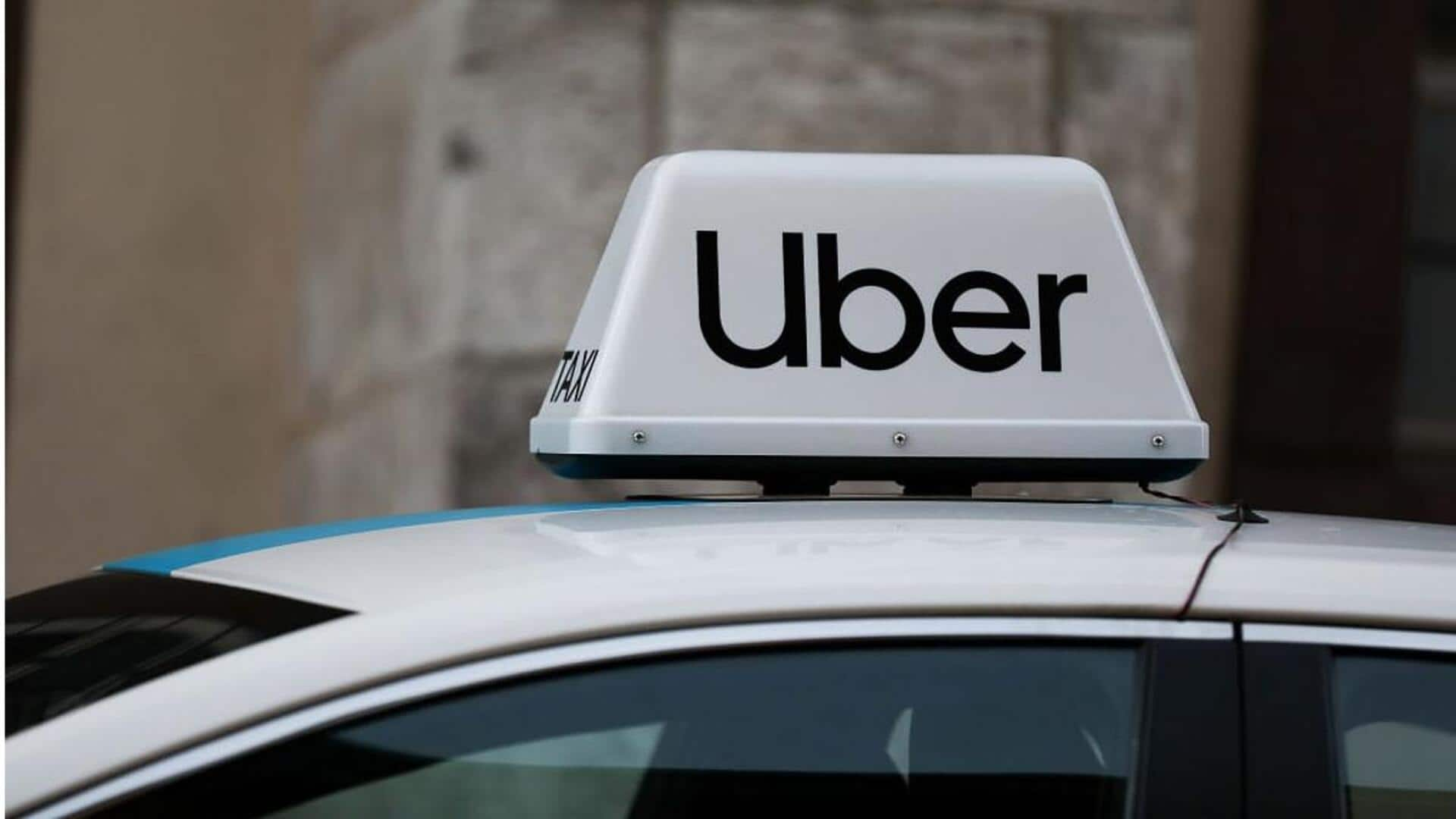
Modi government mulls uniform GST levy on Indian cab aggregators
What's the story
The Indian government is looking into the Goods and Services Tax (GST) treatment of cab aggregators. The review comes after a Karnataka High Court order directing the Central Board of Indirect Taxes and Customs (CBIC) to consult the stakeholders and make recommendations. The move is aimed at addressing taxation inconsistencies between platforms operating on different business models—commission-based and Software-as-a-Service (SaaS).
Disparity
How different platforms are taxed
Under the commission model, cab aggregators such as Uber and Ola charge a 5% GST on each ride without input tax credit (ITC) or 12% with ITC. The tax is collected from passengers and paid by the aggregator under Section 9(5) of the CGST Act. On the other hand, platforms following a SaaS model such as Namma Yatri charge drivers a nominal daily/monthly subscription fee with an applicable 18% GST.
Issues
Pricing disparity between platforms
The different tax treatments have created a pricing disparity, with commission-based platforms becoming costlier to consumers. This is not due to operational efficiency but tax arbitrage, a senior industry executive said to CNBC-TV18. The ambiguity stems from Section 9(5) transferring the tax liability for certain services from individual service providers (drivers) to e-commerce operators (platforms), without clearly defining what constitutes service "through" an e-commerce operator.
Rulings
Conflicting advance rulings
The lack of clarity has led to conflicting advance rulings. The Karnataka Authority for Advance Rulings (AAR) ruled in favor of Namma Yatri (Juspay) and Myn (Multiverse Technologies), stating such platforms do not fall under Section 9(5). However, Uber and others were held liable under Section 9(5) due to their active role in ride management. Legal experts say this inconsistency is affecting tax compliance, consumer pricing, and competitive neutrality.
Dilemma
SaaS v/s commission-based model
While the SaaS model is popular for its simplicity and lower costs, it often lacks essential facilities such as ride monitoring, grievance redressal, and safety checks. Industry insiders say not all platforms want to transition to the SaaS model as it limits their ability to maintain service quality. The Centre now faces a delicate balancing move—fostering innovation in the gig economy while maintaining fair and consistent tax policies.